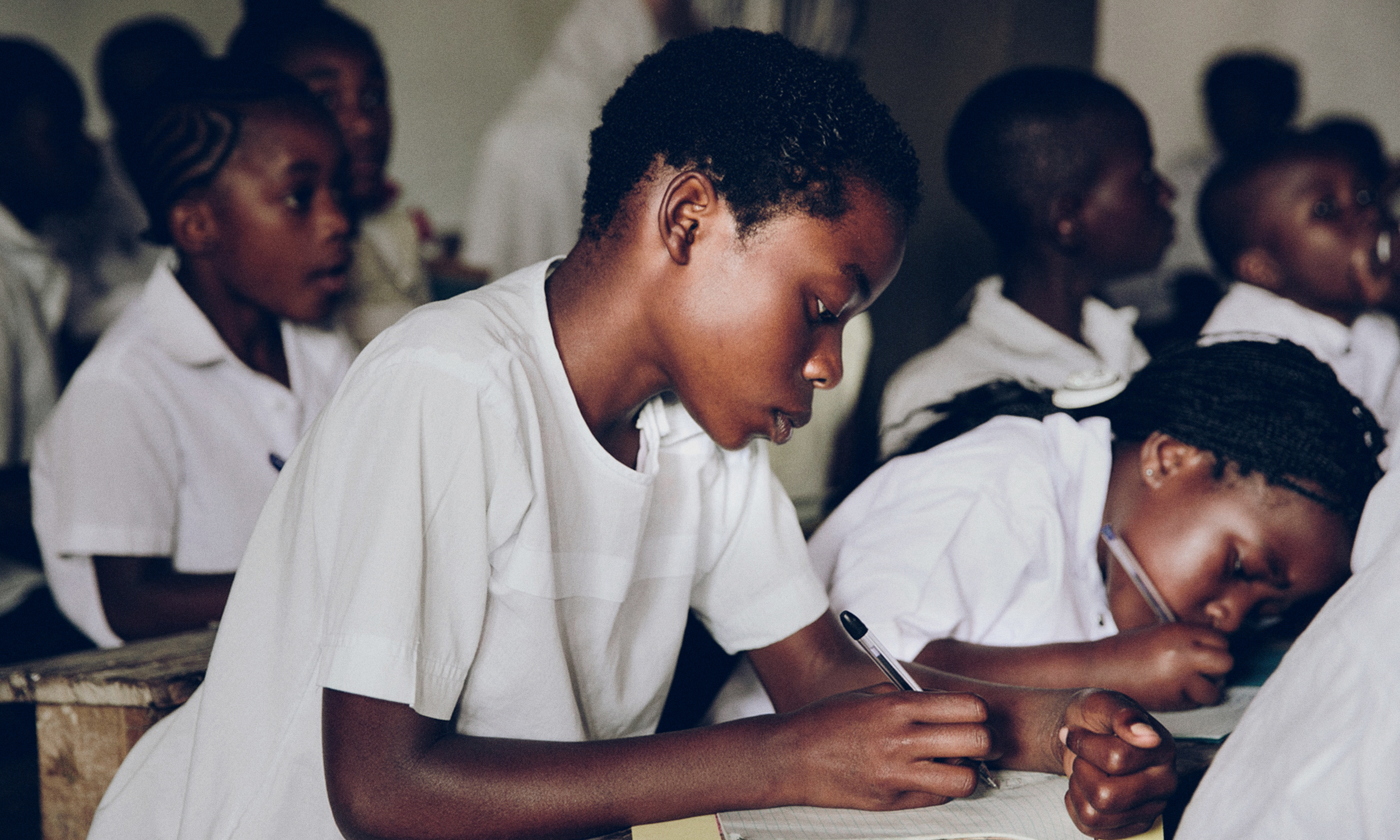
Improving educational outcomes through volunteerism abroad
As basic needs become institutionalized and sustainable, the country is turning to the improvement of education to build its future leaders and influence.

Dedicated to change.
With two-thirds of Rwanda’s population under 25 and life expectancy just 55, education is a top priority. As a result, stringent efforts have been made to improve access to education; the country can boast that 97% of its children attend some kind of primary school – the highest rate in Africa. Unesco noted this by naming it as one of the top three countries globally for improving access to education.
Yet with the youth unemployment rate persisting above 40%, there is clearly much to be done to support the people who will drive the country's economic growth – there is, in particular, a skills gap to tackle.
Our mission, at African Education Support Foundation (AESF), is to raise the quality of the current educational product so that ALL Rwandans can compete with the developed world. We must harness the power of a co-investment platform where entrepreneurs, philanthropists, and people engage in direct action to create both economic and social dividends while facilitating the transition from grant-only project-based development to blended financed market-based development.
After the Reconciliation Village at Mbyo (in Kigali) was built and functioning, the need for a school became quickly apparent. Little Angels School was established.
Little Angels School, designed to serve the growing population of the Reconciliation Village at Mbyo, is a private school which currently contains 12 classrooms and 270 students, serving nursery through primary grades ("N1" to "P5"; equivalent of pre-K through grade 5 in the U.S.).
One of the founders of this reconciliation village, Bishop Deogratias Gashagaza, worked with the villagers to establish the school. The specific short term goal of this school was to provide a facility for children who needed moral and spiritual assistance with a place in which to acquire education that was close to their home. The school was established for, and serves the children and families of, victims and perpetrators who live together peacefully side-by-side in the Mbyo Reconciliation Village.
The school buildings were initially built by the combined efforts of Prison Fellowship Rwanda in partnership with an array of other organizations and stakeholders. This school is a sign of practical reconciliation, as well as a symbolic expression of unity. Bishop Deo has a vision for a school at each Reconciliation Village.
He and his wife also work with street kids in Kigali, the poorest of the poor, along with other specialized ministries that serve the neediest most desperate children in Rwanda.
BLENDED FINANCE AND IMPACT INVESTING
Bringing together the resources of philanthropy and human capital, AESF social impact invests in innovative solutions to one of Rwanda's toughest challenges.
INCLUSIVE PARTNERSHIPS
Leveraging expertise in both operational management and policy advice, AESF drives positive change towards responsible investing.
CATALYTIC IMPACT AND OUTCOMES
With your help, AESF helps partners to both make and measure greater impact in the Rwandan communities, education and social ecosystem.
In the north of the country, in Musanze, Rwanda's second largest and fastest-growing city, a school named Sonrise school also merits our attention.
We have embarked on a journey to provide this school, grades nursery through grade 12, with resources to bring it's educational operation to a level where it can compete with the rest of the world. Specifically, we are repairing chalkboards and whiteboards, providing staff development to the teachers who work there, instituting a curriculum of AP classes, and providing students with basic resources that we have available in the United States and take for granted, but are simply not present in their current classrooms. Part of our team has obtained GAFE school status, which allows the school access to Google applications and the Google environment for free. It also provides them with a safe learning environment via the Internet and it provides both email access for all students and a world-class collaborative workspace, at no charge. Getting these services was the first step, but now teaching 800 kids how to use them is the next step. We escort small groups of US students to Rwanda to assist with both the physical repairs of the school and to teach students the skills that we have been blessed to automatically know and understand: basic mathematics, written and spoken English, and computer acumen. Every group that participates in this mission also is exposed to the rich genocide and post genocide history that is uniquely Rwandan



